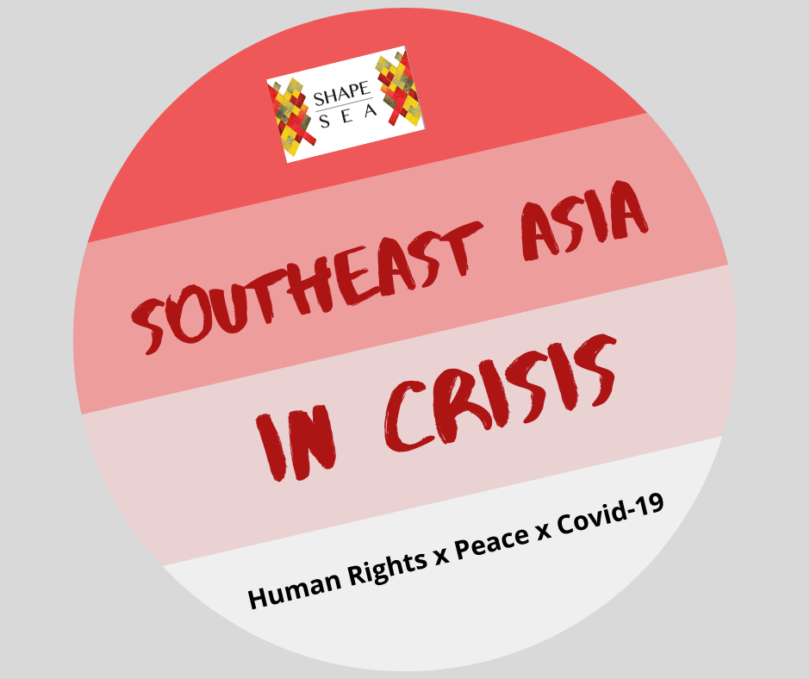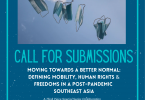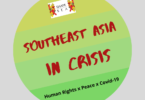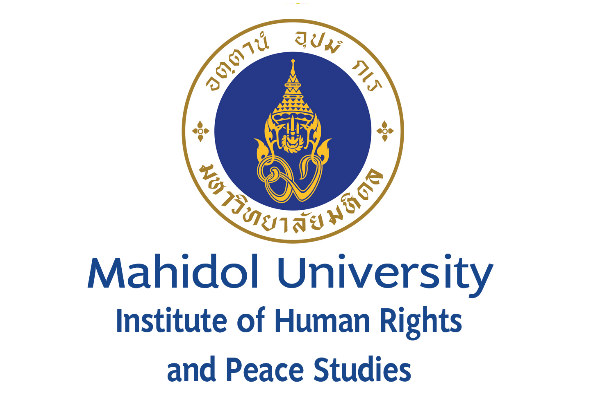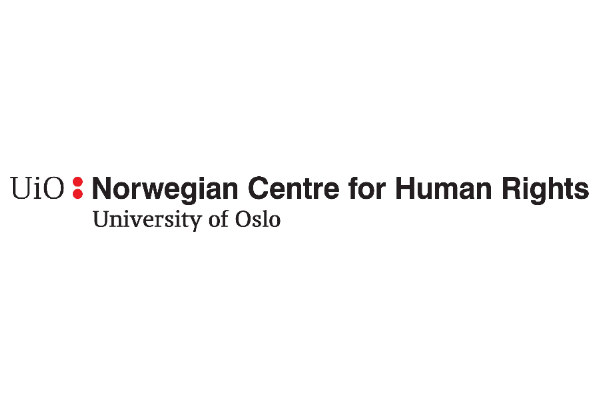Dominique Virgil
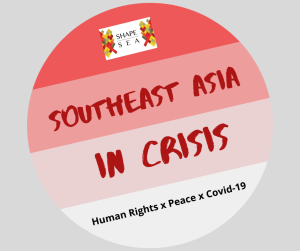 The spike of COVID-19 positive cases in Indonesia since its first finding in March 2 is exacerbated by the concerns of undetected mild cases among the population due to the slow rate of COVID-19 testing as well as how the Indonesian Government is attempting to contain the pandemic. Indonesia is among 4 countries with the worst testing rate in the world. Only 36 in every million people are being tested, in comparison with Ethiopia, Nigeria, and Bangladesh who are testing approximately 16, 18, and 19 people for every million people.
The spike of COVID-19 positive cases in Indonesia since its first finding in March 2 is exacerbated by the concerns of undetected mild cases among the population due to the slow rate of COVID-19 testing as well as how the Indonesian Government is attempting to contain the pandemic. Indonesia is among 4 countries with the worst testing rate in the world. Only 36 in every million people are being tested, in comparison with Ethiopia, Nigeria, and Bangladesh who are testing approximately 16, 18, and 19 people for every million people.
The low rate of testing has increased an even higher concerns on whether the data provided by the Ministry of Health has represented the real number of all COVID-19 cases. This occurred especially after Anies Baswedan, Governor of Jakarta, stated in a press conference that 283 people in Jakarta had been buried according to COVID-19 protocols between March 6 and March 29, while the Head of Jakarta COVID-19 Task Force, Catur Laswanto, said that there were only 76 deaths in the region as per March 31.
Instead of tightening the coordination with local governments and fixing its sluggish response to a rapid responsive system, the Government of Indonesia issued a statement which disputes the rich and the poor in a health crisis. The spokesperson of COVID-19 management, Achmad Yurianto, explicitly stated that, “the rich should take care of the poor so they can live without hardship, whereas the poor can look out for the rich by not infecting them with the virus”. This raises a question: Have the Government considered the urban poor or other people in lower middle class within its response to contain the pandemic?
Effect of COVID-19 on Marginalized Communities
Although all classes of society can be equally infected by this pandemic, marginalized communities, especially the urban poor, casual, temporary and informal workers are disproportionately affected by the pandemic. The mobility of those workers from satellite cities across Jakarta and their inability to be paid if they do not come to the workplace makes them more vulnerable to be infected.
Most of workers in Jakarta reportedly came from other regions. During Eid Al-Fitr, around 15 million people in Jakarta usually go back to their hometown, according to the survey last year. However, due to the effect of the pandemic to business activities, some of them have returned to their families outside of Jakarta, which again raises fears on bigger spread of COVID-19. Despite the high risk of an uncontrollable spread in other provinces which is feared to overwhelm healthcare capacity (often with worse conditions than Jakarta), there has been no movement ban from the Central Government. The reasoning behind the decision is to sustain Indonesia’s economy, as stated by Minister Luhut Pandjaitan.
Due to the population density in Indonesia, especially in Jakarta and its surrounding satellite cities (altogether called as the Greater Jakarta Area), it is feared that it has been too late for the Government to contain the pandemic. As the epicenter of this pandemic, the Central Government has just permitted the Government of Jakarta to impose large-scale social restriction (PSBB) effective on Friday, 10 April 2020, after the cases have reached thousands. The lengthy procedure that needs to be followed by regions to impose PSBB also delays immediate response to suppress the spread of COVID-19, especially among marginalized communities living in satellite cities around Jakarta.
There is no certainty nor guarantee from the Government to ensure the livelihood of these vulnerable communities, since there are disparities on how local governments are helping those communities to survive. It is also apparent that the disparities of health capacity and the access to healthcare of the marginalized communities across the regions are yet to be included in the policy-making process to contain the pandemic. There has been no clear coordination between the Central Government and the local governments in collecting the data of those marginalized communities in need of social safety net, which again raises doubts on its distribution.
State Duty to Protect, Respect, Fulfill the Right to Health without Discrimination
The Government of Indonesia has the duty to protect, respect, and fulfill the right to health without discrimination at any form. Article 12.2 (c) and (d) of the International Covenant on the Economic, Social, and Cultural Rights (ICESCR) has obliged the Government to fulfill the right to prevention, treatment, and control of diseases as well as the right to health facilities, goods, and services. Paragraph 17 of the General Comment No. 14 also states that the Government must ensure participation of all parts of society in political decisions related to the right to health.
Further, Paragraph 43 (f) of the General Comment No. 14 specifically states that the Government should “adopt and implement a national public health strategy and plan of action, on the basis of epidemiological evidence, addressing the health concerns of the whole population.” In addition, it is also stated that “the process by which the strategy and plan of action are devised, as well as their content, shall give particular attention to all vulnerable or marginalized groups.” That being said, the Government is obliged to consider the concerns raised by marginalized communities, especially in measuring if a certain policy as part of the pandemic’s response will jeopardize their right to health. Will prioritizing economy over immediate measure to cut the spread and ensure the health of our people negatively affect the marginalized communities?
Towards a More Equal Society
Although the Government of Indonesia has prepared a social safety net for people negatively affected by the pandemic, such as laid-off workers, and other low-income workers, it will not be enough if coordination with local governments is not tightened to ensure its fair and comprehensive distribution. The Government also needs to take more robust steps to conduct rapid mass test and loosen the procedure for the local governments (especially in satellite cities) to impose large-scale social restriction. Minimizing disparities among local governments in taking stringent measures to restrict movement of people is also important. Last but not least, the Government of Indonesia must ensure the access to health for marginalized communities during the pandemic, while at the same time gradually improve the health capacity of each region to conduct mass testing for them or monitor their health condition in this pandemic.
References:
Allard, T., Kapoor, K., & Widianto, S. (2020, April 4). ‘Extremely disturbing’: Jump in Jakarta funerals raises fears of unreported COVID-19 deaths. Retrieved from The Jakarta Post: https://www.thejakartapost.com/news/2020/04/04/jump-in-jakarta-funerals-raises-fears-of-unreported-covid-19-deaths.html
Indonesia at Melbourne. (2020, April 11). Covid-19, inequality and Jakarta’s urban poor: resilient, but at great risk. Retrieved from Indonesia at Melbourne: https://indonesiaatmelbourne.unimelb.edu.au/covid-19-inequality-and-jakartas-urban-poor-resilient-but-at-great-risk/
Kompas. (2020, April 2). Tak Ada Larangan Mudik, Luhut: Pertimbangannya Supaya Ekonomi Tidak Mati. Retrieved from Kompas: https://money.kompas.com/read/2020/04/02/141149626/tak-ada-larangan-mudik-luhut-pertimbangannya-supaya-ekonomi-tidak-mati?page=all
Kumparan. (2020, April 8). Lembaga Eijkman: Sebagian Besar Positif Corona Berasal dari Kelas Menengah Atas. Retrieved from Kumparan: https://kumparan.com/kumparansains/lembaga-eijkman-sebagian-besar-positif-corona-berasal-dari-kelas-menengah-atas-1tBjGNNnBim
Soeriaatmadja, W. (2020, April 6). Indonesia ranks among world’s worst in coronavirus testing rate, together with Ethiopia, Bangladesh. Retrieved from Straits Times: https://www.straitstimes.com/asia/se-asia/indonesia-ranks-among-worlds-worst-in-coronavirus-testing-rate-together-with-ethiopia
Tempo. (2019, April 9). Survei: Separuh Penduduk Jakarta Mudik Saat Lebaran 2019. Retrieved from Tempo: https://bisnis.tempo.co/read/1193980/survei-separuh-penduduk-jakarta-mudik-saat-lebaran-2019
The Jakarta Post. (2020, March 31). Jakarta buries 283 COVID-19 victims, suspected victims in under a month. Retrieved from Jakarta Post: https://www.thejakartapost.com/news/2020/03/30/jakarta-buries-283-covid-19-victims-suspected-victims-in-under-a-month.html


